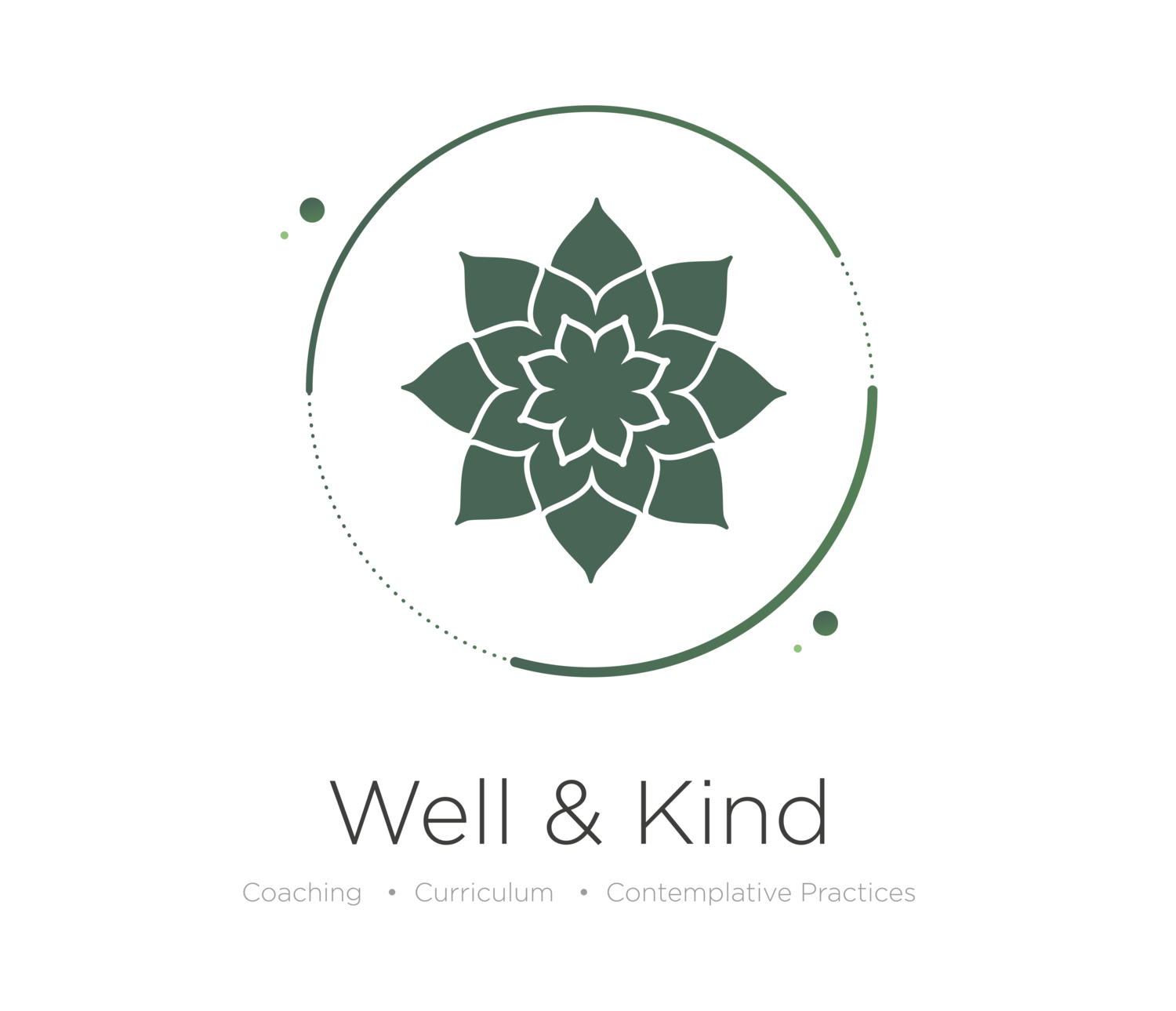On grief and wellness
Of all of life’s inevitabilities, loss is the most frightening and final. There is no getting around the fact that people we love will die. When this happens, we are set on an emotional journey that at times comes rushing toward us, then downshifts to play out with agonizing slowness. In any case, the way that we experience our grief and the amount of time it takes until it burns itself down to a smolder under the rubble in our hearts is wholly out of our control.
As it turns out, when grief has knocked your legs out from under you, it is not just your heart and soul that are suffering. Research has shown that your body’s neutrophil activity declines, leaving you more susceptible to infection. Immunizations are less effective. Stress hormones, blood pressure, and risk for heart attack and stroke increase. When your well-meaning neighbor, coworker or therapist reminds you to take good self-care, their inability to imagine the spiral you are in now also includes an imperative to do the unthinkable: nurse yourself back to health after total emotional and physical devastation.
While the pain of mourning never subsides, I am told by those intimately familiar with it that grief eventually retreats to a part of your brain that gives you some respite during your waking hours. The blinding day-to-day glare of the hurt, powerlessness, and regret that can follow the loss of someone we love does shape-shift. We get a reprieve when it metamorphoses from bright white pain to dark waves that, while just as debilitating as their previous form, come crashing through with decreasing frequency over time.
If you have a chronic health issue, here are some ways to maintain your health as you find your way through grief, old or new:
1. Continue to take prescribed medications. Even twenty-four hours without medications for high blood pressure, diabetes, or blood clots, for example, can cause serious consequences. One can have no symptoms while walking around with a dangerously high blood pressure, blood sugar, or irregular blood-clotting time, leading to serious consequences like stroke, heart attack and organ damage without warning.
2. Drink water. When your appetite is nonexistent, your body can go a surprising amount of time without food. Hydration, on the other hand, is non-negotiable, and plays into the health issues above in a big way. If your blood sugar is high from stress, drinking water helps lower it. If your blood pressure is high from fluid retention, drinking water actually helps you rid your body of excess fluid, and if you are well hydrated, you are not as likely to form a dangerous blood clot. How much water to drink is still up for debate, but it’s a good rule of thumb to drink enough water so that your urine appears light yellow to clear in color.
3. Fight the urge to isolate yourself-- alright, this one is easier said than done, but hear me out. Loneliness is a proven cause of disease and premature death. All of us want to feel understood, regardless of whether or not we are in mourning. For many of us, feeling isolated and lonely is a lifelong struggle, and our feelings are only confirmed when someone we do have a close connection to is torn away from us. The outside world takes on a coarseness when we are expected to go on with our everyday lives despite the massive loss we have suffered. The checker at the grocery store continues to ring people up, people cut one another off in traffic, newscasters beam brightly at us—can’t they understand? No, of course they can’t. And this inspires in us the understandable urge to shield ourselves, to stay hidden away with our memories of our loved one.
The truth is that the loss that you have suffered is yours alone, even among others that your lost loved one touched. And that is your treasured knowledge as you navigate maintaining your body and mind through your grief: while others cannot empathize well with those of us who are struck by a loss, no one can empathize at all with someone they do not know is suffering. Food, water, sunlight, and empathy—these are the ingredients necessary for our survival.
Let someone in. Do not suffer alone. If friends and family are not available, seek a support group. If a support group makes you cringe, perhaps seek out a friend of your loved one, even if you did not know them well before. If these things are unbearable now, bookmark them for later, and seek the immediate presence and love of someone nonjudgmental and always available for you—a support pet, someone who has written on grief and loss in a way that you find relatable, or someone who has suffered your same kind of loss.
There are no promises in mourning. There are no rules about grief. But our hearts and souls need a sound body to be housed in as we trudge through the hardest parts of our journeys on this earth. I hope if you are in the midst of grief you find some practical help here on keeping your health intact, and I hope that brings you a little bit of peace.
If you are in the midst of an emotional crisis, please remember that you are not alone. Call 911 if you feel unsafe. If you need immediate support any time of day, call 1-800-273-TALK. Parents who have lost a child and don’t know where to start can reach out to Compassionate Friends, at (630) 990-0010 during business hours, Central Time, or go to https://www.compassionatefriends.org/.
